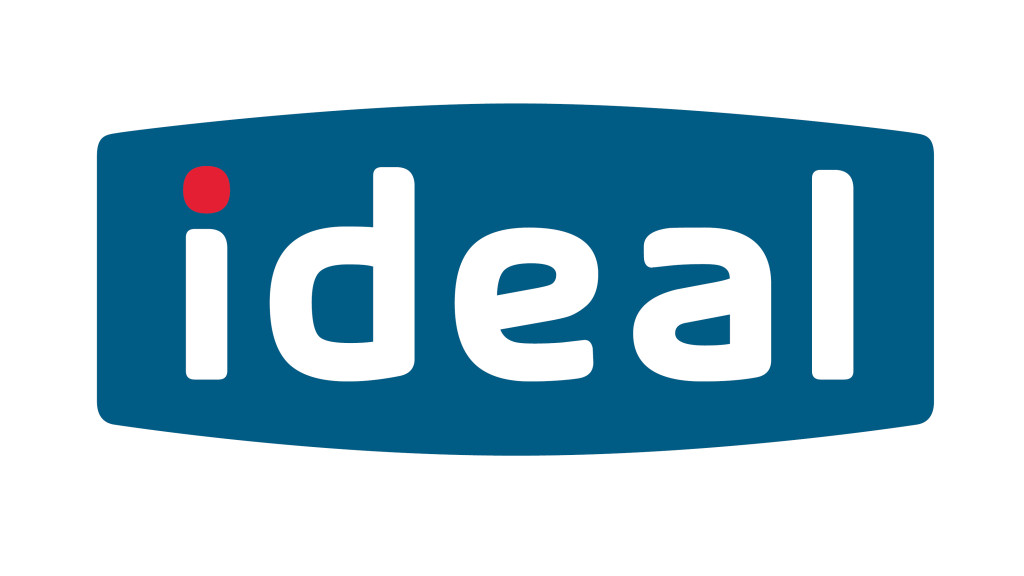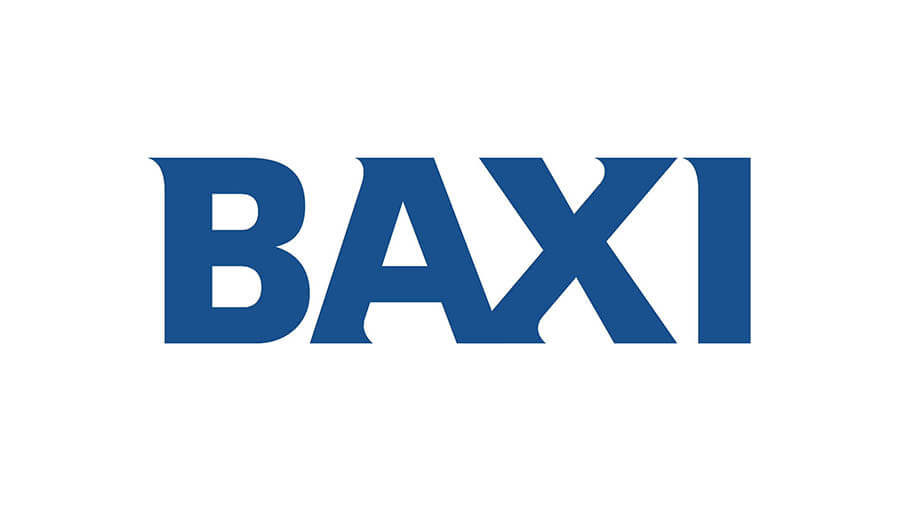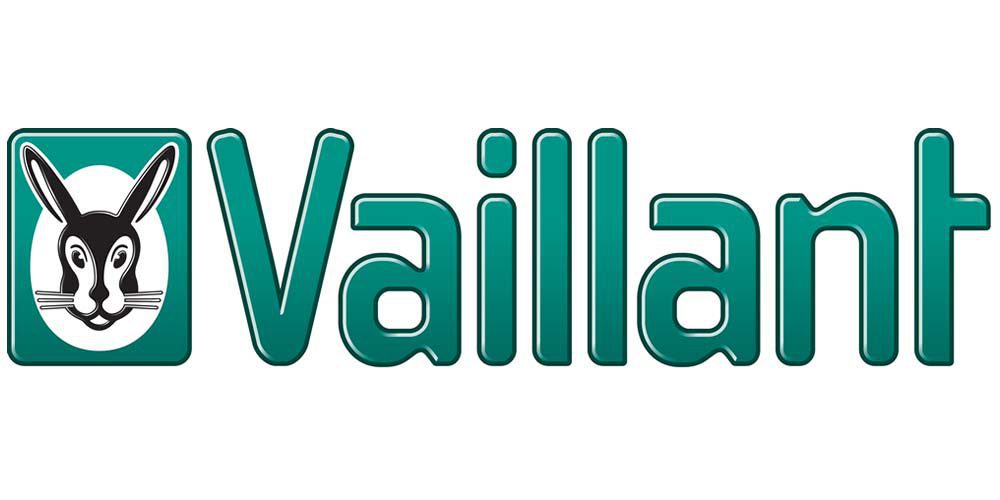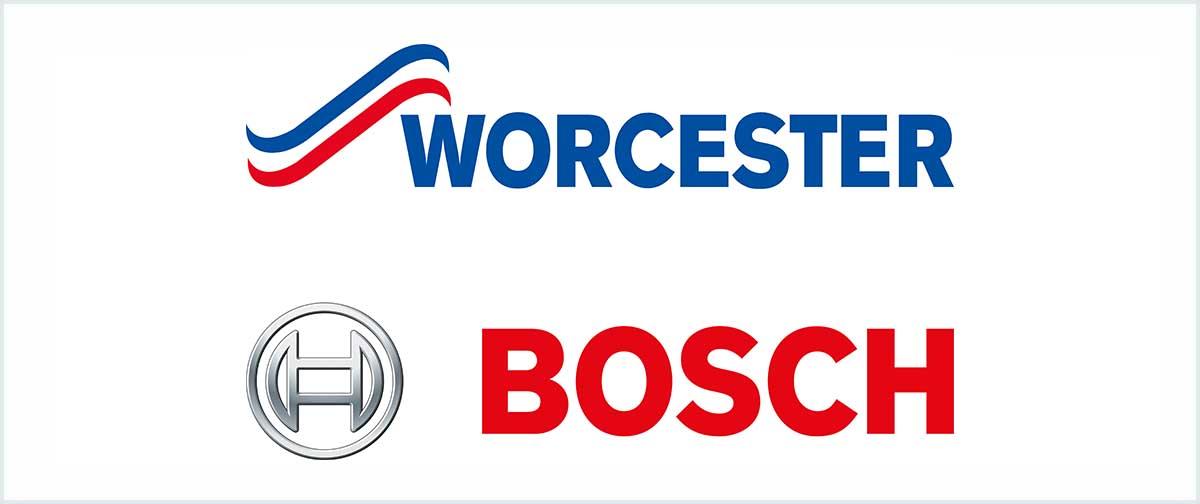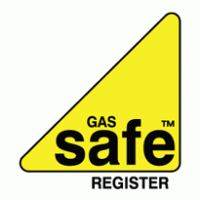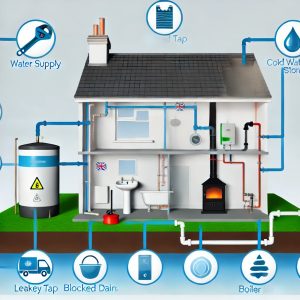 The Complete Guide to Plumbing in the UK: What You Need to Know
The Complete Guide to Plumbing in the UK: What You Need to Know
Plumbing is a crucial aspect of maintaining any home, ensuring everything from clean water supply to efficient waste management. In the UK, where the plumbing system has evolved through centuries, there are unique standards, practices, and regulations that homeowners and DIY enthusiasts need to understand. Whether you’re looking to make small repairs or plan a full renovation, this blog will guide you through the essentials of UK plumbing.
The UK plumbing system revolves around two key components: the water supply system and the waste disposal system.
UK homes generally have two types of water systems: vented and unvented systems. A vented system relies on gravity with a cold water storage tank in the loft, while unvented systems take water directly from the mains, offering higher water pressure.
Plumbing issues can range from minor annoyances to major problems that require professional intervention. Here are some common issues UK homeowners face:
Plumbing in the UK is governed by a series of building regulations and standards to ensure safety and efficiency. When carrying out plumbing work, it’s crucial to adhere to these regulations, whether you’re a professional or a DIY enthusiast.
Failure to comply with these regulations can result in hefty fines, or worse, hazards to your health and home.
Hiring a qualified plumber ensures that your plumbing system is safe and efficient. Here are a few tips for choosing the right professional in the UK:
While many plumbing jobs require a certified professional, there are several tasks you can handle on your own, especially if you’re a confident DIYer. Here’s a list of tasks you can tackle:
However, always be cautious and know when to call a professional, especially for jobs like working with gas boilers or major pipe repairs.
With increasing environmental concerns, there’s a growing emphasis on making plumbing more eco-friendly. In the UK, homeowners are encouraged to:
The cost of plumbing services varies depending on the job’s complexity, your location, and the plumber’s experience. As a general guide:
Always get a written quote before work begins to avoid surprises.
Some tasks are best left to the professionals, particularly if they involve gas, electrical components, or complex water systems. Here are some situations when you should definitely call a plumber:
Plumbing is an essential part of every UK home, and understanding the basics can save you time, money, and stress. Whether you’re looking to tackle DIY repairs, hire a professional, or ensure your system meets current regulations, staying informed is key. With the right knowledge and a qualified plumber when needed, you can keep your home’s plumbing running smoothly and efficiently for years to come.
